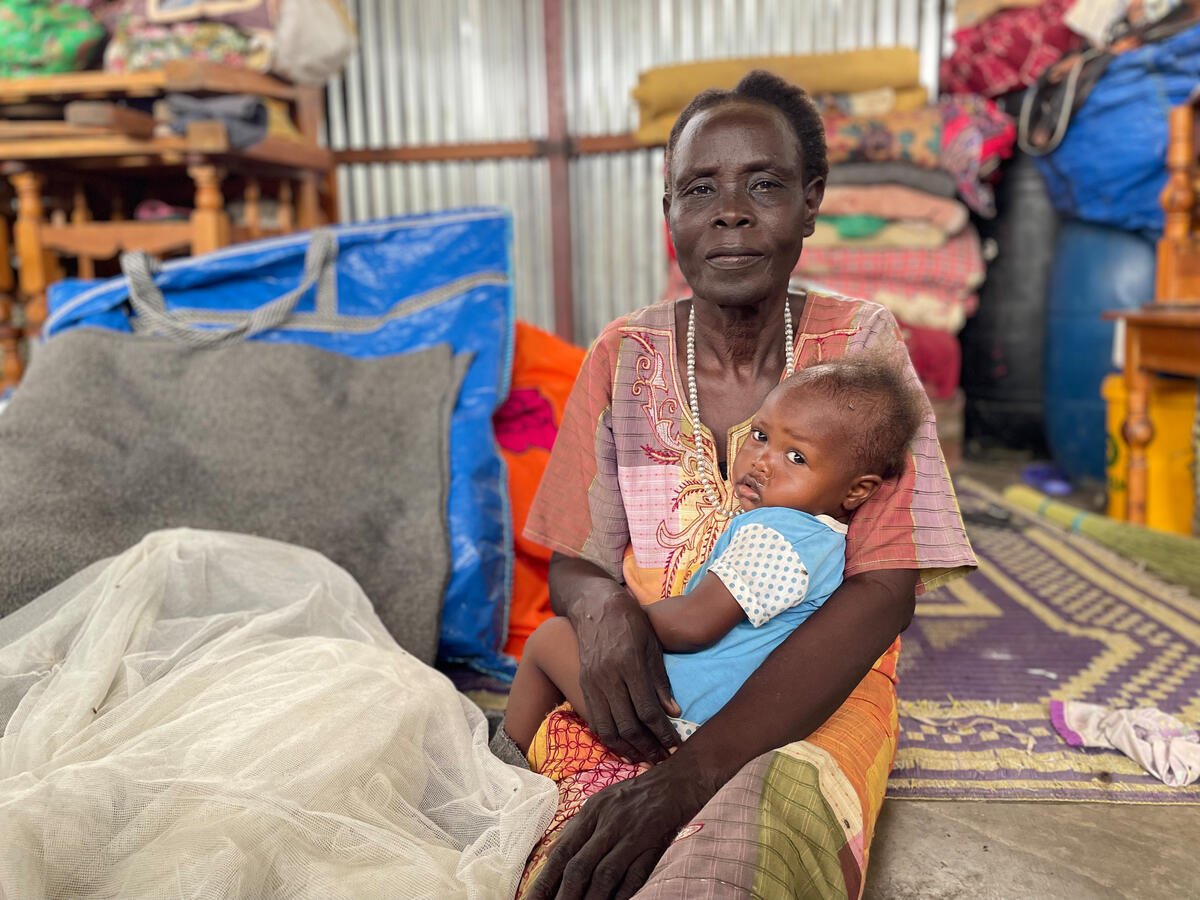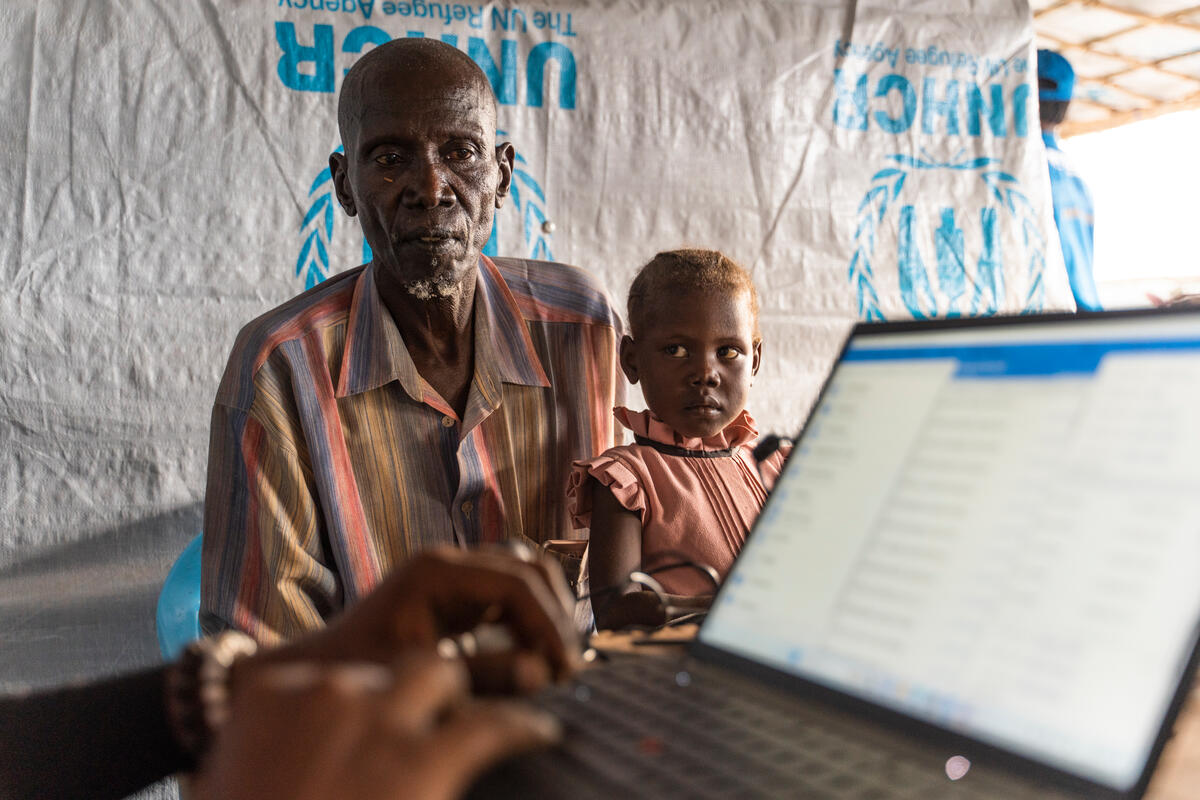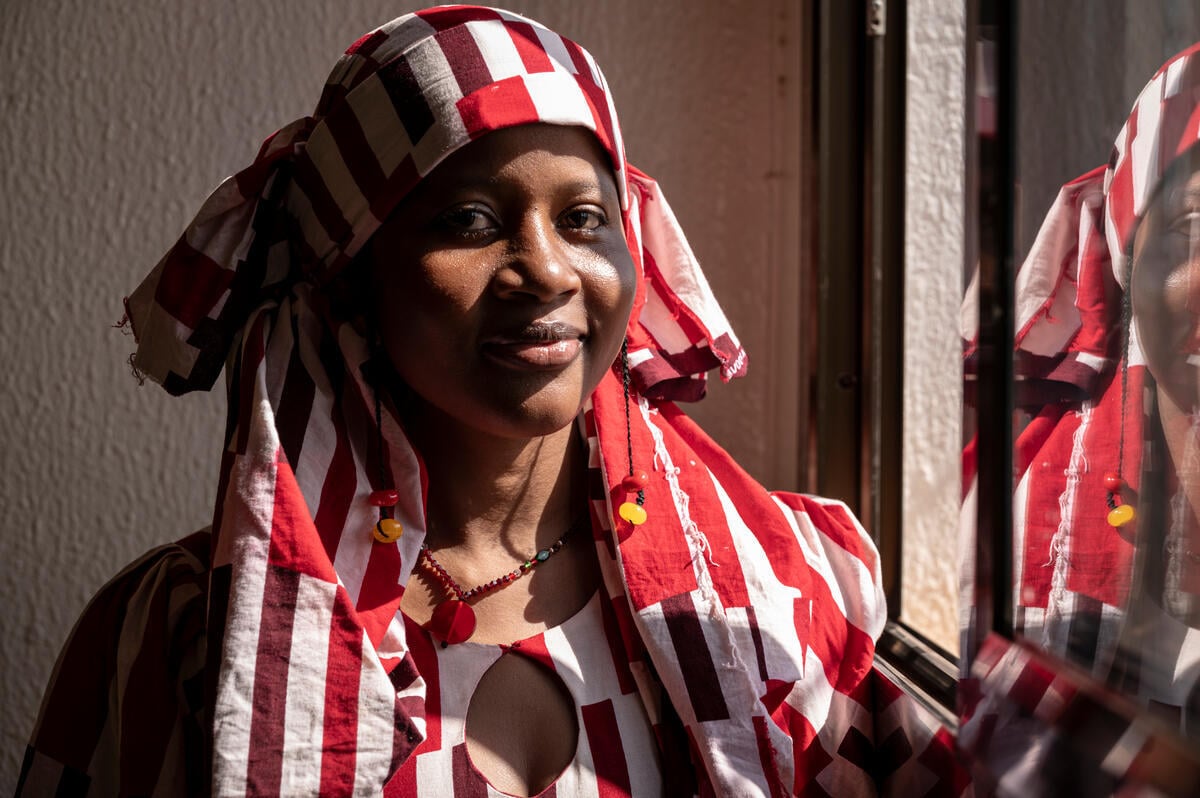Counselling and attitude change key towards fighting gender-based violence
Counselling and attitude change key towards fighting gender-based violence

Like many married couples, Hada and her husband Ishara did not always see eye to eye on matters in their relationship.
“For most of 2019, I beat up my wife in the presence of our two children,” says Ishara, 36, adding that this was because Hada, 30, did not agree with his decision to return to their country, the Democratic Republic of the Congo (DRC).
The couple fled growing insecurity in South Kivu, where Ishara worked as a foreign exchange trader. They arrived in Dzaleka camp in 2016, where nearly 48,000 refugees and asylum-seekers currently live, the majority of them from the DRC, Rwanda and Burundi, with smaller numbers from Ethiopia and Somalia.
Ishara explains that his decision was spurred by the unbearable hostility towards them from their neighbours, who he says accused them of “suspicious behaviour and witchcraft.”
It became so unbearable that in early 2019, Ishara decided he wanted to return to South Kivu.
“I refused. By returning, he would be putting all our lives in danger because of the recurring fightings and attacks there,” explains Hada.
The disagreements led to regular physical fights between the couple until Hada sought the intervention of Plan International Malawi (PIM), UNHCR, the UN Refugee Agency’s partner on gender-based violence or GBV.
“Today my family is at peace. We are now stronger together again.”
Pauline Kabaghe, a GBV Project Officer at PIM explains that the organization’s mandate includes facilitating response services.
“When women come to us, we listen to them carefully to determine how best to help them. Some may need legal redress or counselling,” she explains, adding that they also write incident reports and open files for their clients, which can be used if they need to go to the hospital or to the police.
Fortunately for Hada, Ishara, despite his surprise at being reported by his wife, swallowed his pride and appeared for the counselling sessions, which he found to be very helpful.
“Today my family is at peace,” he says. “We are now stronger together again.”
The couple is now assisting other families in similar situations.

Charles, 38 and his wife Ndoole, 32, both from North Kivu, are also beneficiaries of PIM’s intervention and counselling.
Charles accused his wife of infidelity. Ndoole, a trader in charcoal, vegetables and fruit, would regularly return home late and even spend a night or two away because of her very demanding work.
Charles’ reaction would upset her even more as she was trying to support the family by supplementing his meagre earnings.
Against a backdrop of reduced food rations and COVID-19 restrictive measures, refugees have been trying to supplement the little aid they receive through various means, to support their families.
For nearly a year, the couple’s relationship was characterized by frequent physical fights which sometimes turned ugly.
“My wife and I have scars on our bodies which remind us of the fights we had,” says Charles.
Like Ishara and Hada, the couple underwent counselling with PIM “which assisted us to start over as a family.”
The couples have become a positive example of what the right counselling can achieve. PIM uses them and their stories to show other couples facing GBV in the camp that change is possible.
“Looking into some of the major root causes of GBV in the camp is important,” says Pauline from PIM. “Harmful cultural practices are major contributing factors.”
She explains that women and girls are expected to be submissive. If not, they are criticized as challenging a man’s authority which then leaves them vulnerable to violence. Pauline adds that the strict encampment policy limits refugees’ access to make enough income.
“This leads to frustration amongst men in particular, because of their inability to provide for their families,” she explains. “The frustration is then taken out on wives, women and girls, in the form of physical violence.”
“With no reliable means of generating income...anger and frustration can lead to conflict.”
Richmond Msowoya, a livelihoods officer with UNHCR agrees.
“With no reliable means of generating income, compounded by the issue of COVID-19 and reduction of food during monthly distributions, anger and frustration can lead to conflict in domestic settings,” he explains.
The two couples are just a few of many GBV cases that are registered in the camp. Through UNHCR and PIM’s interventions, they are now playing their part in raising awareness to eradicate violence in the camp.
“Families can avoid falling into a pattern of GBV by finding peaceful means to address their differences,” says Charles.
Ndoole believes the time has come for women and girls to be courageous and fight the issue.
“I urge all women to report such cases to relevant authorities instead of suffering in silence,” she says.








